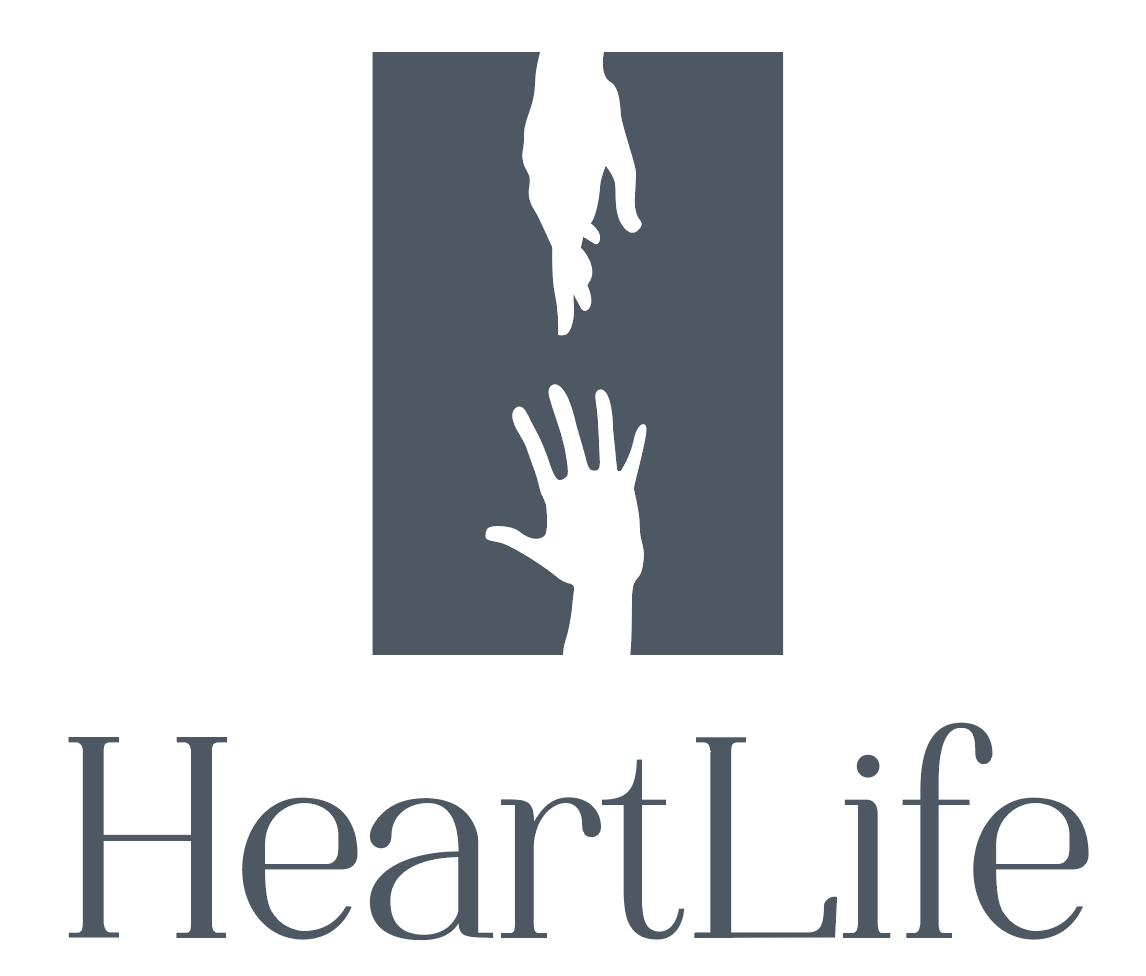Trusting Beyond Expectations
Recognizing God's Work in Unexpected Ways
By Rachel Huff, LPC-MHSP Temp | HeartLife Counselor
Life often takes unexpected turns. We pray for healing, but the sickness lingers. We ask for deliverance, but the struggle remains. Like John the Baptist, we may find ourselves wondering if Jesus is truly at work when His methods don’t align with our desires or expectations. Jesus’s demonstration of power did NOT meet the expectations the Jews had for the Messiah—He was nowhere near politics or power.
When John sent his disciples to ask if Jesus was the Messiah, Jesus responded not with a direct answer, but with evidence: the blind receive sight, the lame walk, lepers are cleansed, the deaf hear, and the dead are raised. However, these miracles weren’t accompanied by the political upheaval or immediate justice that many expected from the Messiah. Jesus was working, but not in the way John had anticipated.
In our own lives, Jesus may work in ways that seem slow, quiet, or even confusing. We expect Him to open a door, but instead, He strengthens us to endure. We want immediate answers, but He calls us to wait. We beg God to change someone, yet they remain the same. When His ways don’t meet our expectations, we are faced with a choice: Will we trust Him, or will we stumble over what we don’t understand? This is a struggle often discussed in my office, as clients find themselves overwhelmed with hardship, negative emotions, and what can feel like an absent God.
So, what can we do during seasons like these?
1. Look for Evidence of His Work:
I say it often: we find what we look for. Once you believe God is absent, everything around you will confirm it. But when you choose to trust that God is present and working—even if it’s not in the way you expect—you’ll begin to see it. Our brains are wired to confirm what we believe to be true. Just as Jesus pointed to the miracles happening around Him, we can look for signs of His faithfulness in our own lives. These signs may be small moments of peace, unexpected provisions, or relationships that sustain us. Perhaps it’s a song that comes on the radio at just the right time, a verse that speaks directly to you, or a random text message from a friend.
2. Surrender Our Expectations:
Trusting Jesus means acknowledging that His ways are higher than ours (Isaiah 55:8-9). We don’t need to understand His methods to believe in His goodness. THIS IS HARD!! I would say we must also surrender OUR desires. We are limited in our perspective, so finite in our understanding, but God is not. He stands at the edge of eternity and sees the things we must face in this temporal world to lead us to the greatest eternal good. I’m so grateful that He doesn’t let my human emotions sway His highest good for me.
3. Hold onto His Promises:
When the path seems unclear, we can cling to His unchanging promises: He is with us, He is for us, and His plans for us are working for good (Romans 8:28). It’s important to clarify that this doesn’t mean everything will feel good or look good in the moment. Trusting God means releasing the need for immediate gratification. Some things we cannot understand as "good" until years down the road. We may not see it until we stand before God face to face. Trusting in His character and promises is about believing even when we can’t immediately see or feel the outcome.
When life doesn’t make sense, we can still trust that God is working in ways we might not understand. Will we trust Him, even when His methods don’t align with our expectations? His ways are higher, His promises are true, and His goodness never fails.
Rachel Huff, MMFT, MCE, Licensed Brain Health Trainer
Rachel Huff is a licensed brain health trainer and certified marriage coach.
Rachel believes all were created in the image of God and have innate value. The Bible teaches each one of us was created uniquely and with purpose. Because of this, Rachel approaches each individual and couple uniquely, utilizing many therapeutic approaches and tools. With Rachel’s background in health and wellness, as well as counseling, she holds a holistic perspective on how she sees and helps her clients. Rachel has been teaching on the Bible, health and wellness, marriage, and mental health in churches and the community for the past two decades.



